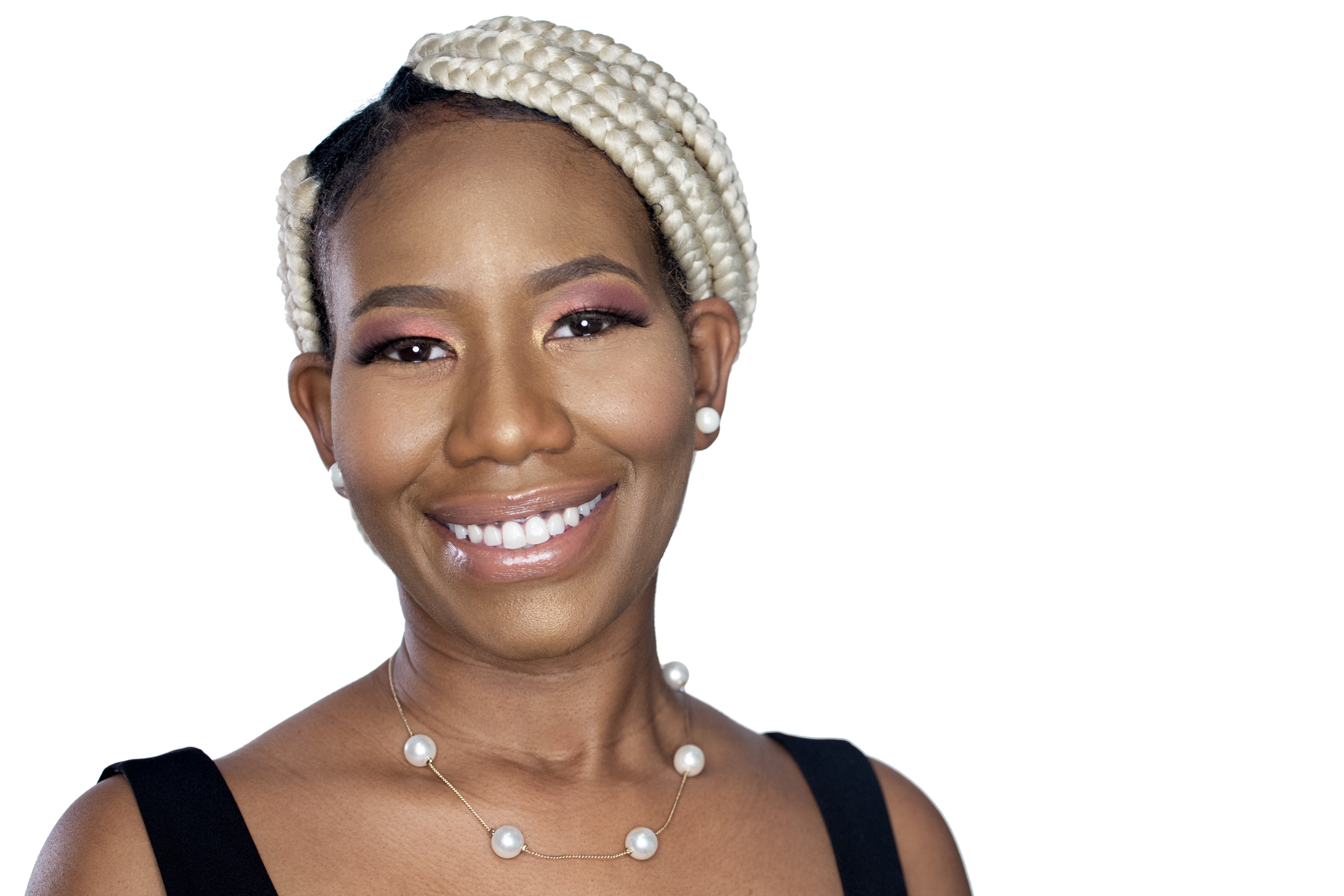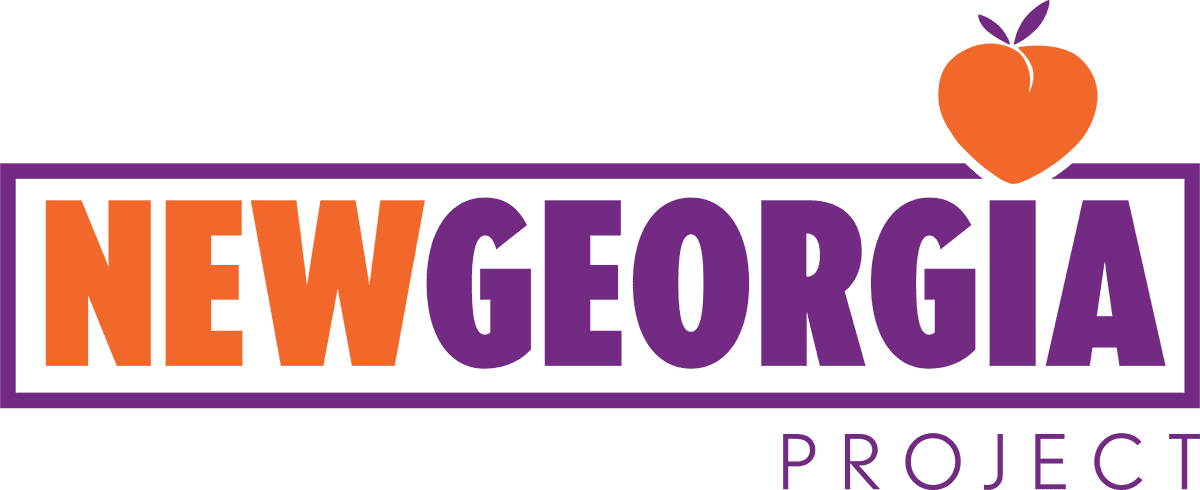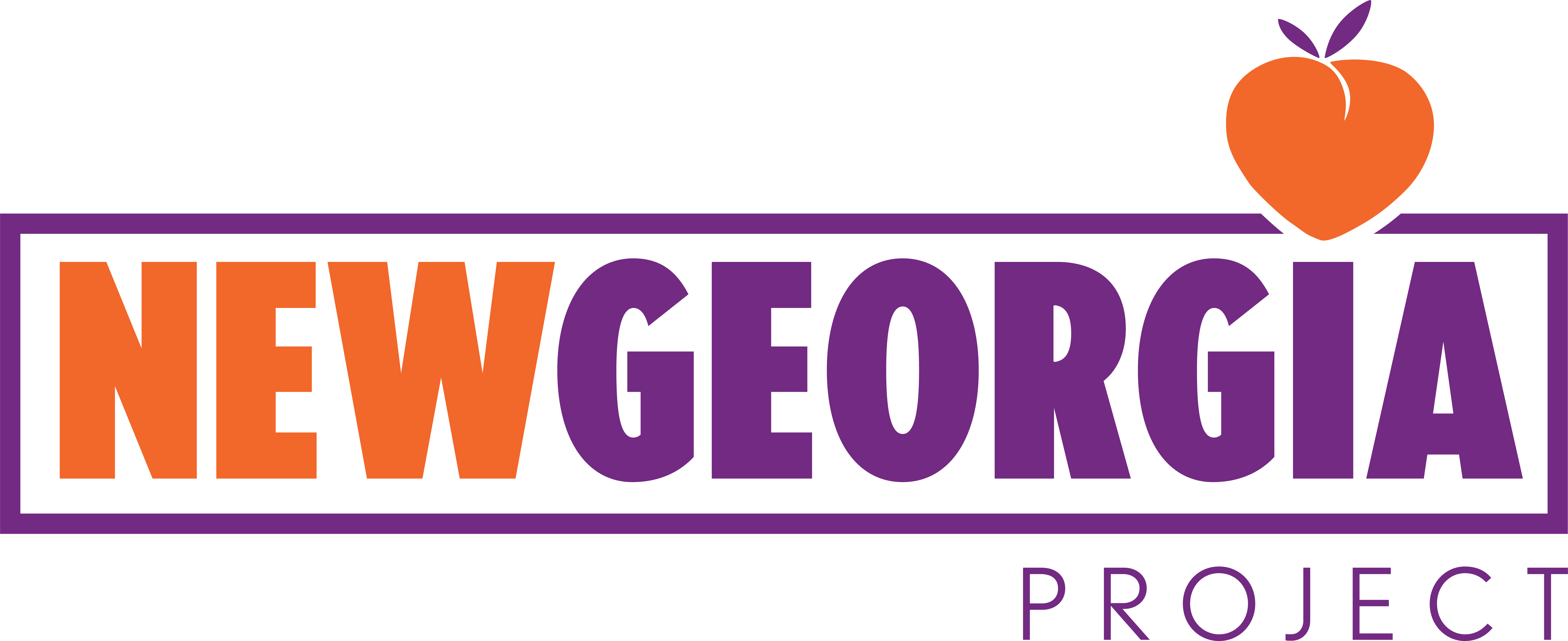More than abortion access: why we need reproductive justice voters this November Jasmine Keith, Reproductive Justice Lead Organizer, New Georgia Project
The Supreme Court decision in Dobbs v. Jackson Women’s Health Organization overturning 50 years of abortion protections under Roe v. Wade opened the door for full or partial abortion bans to go into effect in at least 13 states, including here in Georgia. HB 481, which was signed into law in 2019 by our current governor and candidate for re-election, Brian Kemp, went into effect in July after being tied up in the courts for three years. Not only does HB 481 ban abortion after about six weeks—when most folks don’t even know they are pregnant yet—it also includes a dangerous ‘personhood’ clause, favoring the rights of a collection of cells over the rights of the person holding those cells. Those cells can now get child support, be counted in Georgia’s census, and be claimed as a dependent on the pregnant person’s taxes, while the person whose body in which those cells reside cannot even decide for themselves what kind of medical care they need.
In the grand tradition of white supremacy and sexism that our country remains committed to, HB 481, like other abortion bans across the country, will have a disproportionate impact on Black and brown women and people who can become pregnant. Despite this reality, the term “abortion” as an issue does not always resonate with Black voters in Georgia. In fact, NGP’s own research shows that when talking about restricting abortion access, the privacy and the “personhood” provision included in HB 481 are top concerns for Black Georgians. Black voters see these new restrictions as a clear violation of our right to privacy, and understand that this could open the door for other privacy violations, like telling us who we can and can’t marry and allowing the government to have access to our medical data, which, according to our research, 51 percent of registered, likely Black voters are opposed to.
I’m an organizer, so I talk to Black folks everyday about their concerns and what they want to see change in their communities. And those conversations back up what NGP’s research has shown: we don’t want the government in our business, telling us what we can and can’t do with our bodies and making us pay child support for a baby that’s not even a baby yet. We don’t want to have to give birth in a state with the second highest maternal mortality rate in the country, where half the counties don’t even have an OB/GYN and the minimum wage is an offensive $5.15 an hour.
This is not just an abortion issue. This is a human rights issue. Unfortunately, in this country—a country founded on chattel slavery, a country where women are forced to watch the men who sexually assaulted them become Supreme Court Justices, a country where I have to teach my Black children how to not get shot by the police—it has always felt like my human rights were on loan to me.
That’s why I do this work. Precisely because it’s not just an abortion issue. Our lives are about more than having access to abortion care. That’s the floor. I am a reproductive justice organizer and NGP is a reproductive justice organization, which means we demand more than just the floor. We demand livable wages, equitable access to healthcare, affordable childcare, clean drinking water and a sustainable environment in which to live and raise our families, affordable housing, and everything else that will afford us our right to live full and thriving lives.
And that’s why I lead NGP’s Dirty Souf Democracy canvass every Thursday talking to Georgia voters to let them know: we’ve got an election coming up, and we need you to vote like our rights and our lives on the line. Because they are. We make sure that Black voters in Georgia know that whoever we elect this November—from the top of the ticket to the bottom of the ballot—will make decisions that affect our everyday lives. The governor and our State Reps and Senators can decide Georgia’s minimum wage and if we get Medicaid expansion. Our Attorney General decides how certain crimes do or do not get prosecuted. The Secretary of State determines our voting rights. And the Labor Commissioner is in charge of doling out unemployment insurance.
All of these positions, and more, are on the ballot this November, and when we vote, we have the power to decide who gets hired and who gets fired. So, you best believe that we will make sure that every voter in Georgia knows the power that we have when we go to the ballot box this fall.



